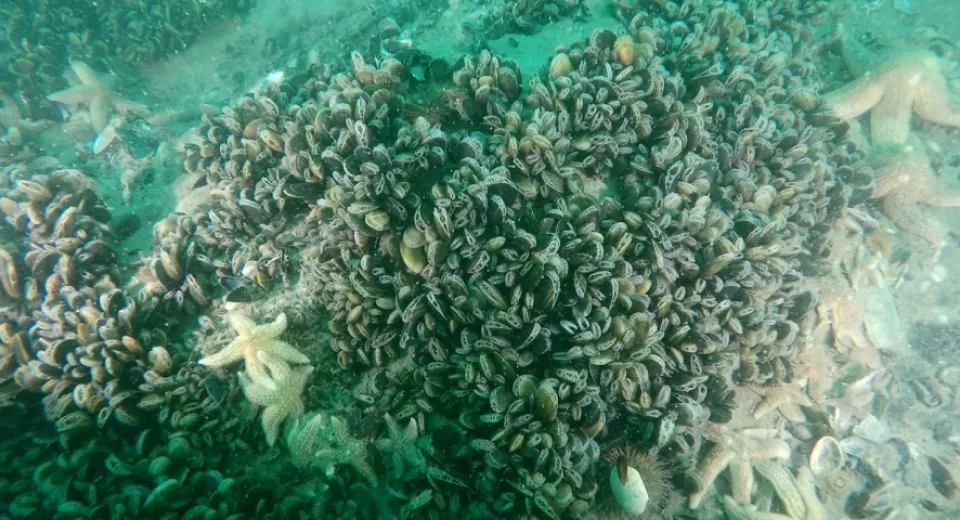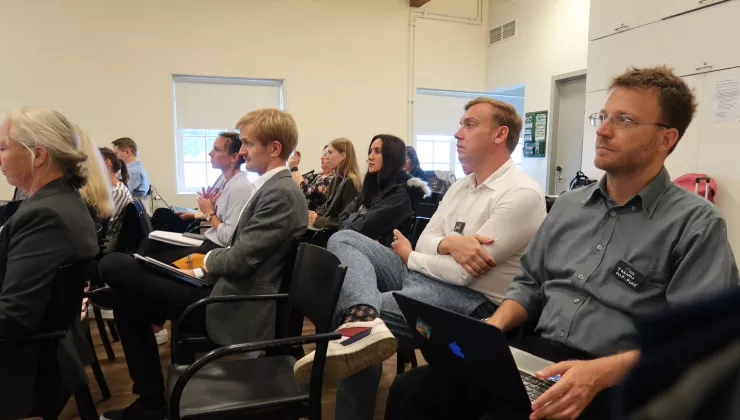New report on biomaterials available
Every year, more than 8 million tonnes of plastic end up in our seas and oceans. The vast majority of this plastic (ca. 80%) is from land-based applications, but plastic materials are also used in the marine and maritime environment. Biobased and biodegradable materials can be a great alternative.
Synthetics have been traditionally used to produce dolly rope, ropes, sails, nets and foils. International studies have shown that these materials have a significant ecological and economic impact. This has resulted in an increased awareness within the marine and maritime sector of pollution caused by micro- and macroplastics and more attention for the issue.
Blue economy
Synthetics play an important role in the blue economy, where they are primarily used as a building material for offshore infrastructure (aquaculture substrates, floaters for solar panels, etc.). Although synthetics still dominate the market, biobased alternatives are gradually finding their way to the market.
This transition to biomaterials is a logical consequence of the sustainable growth that needs to reduce the impact on the marine ecosystem, and an increasingly stringent regulatory environment. Nevertheless, sustainable solutions can also provide a competitive advantage or boost the production of marine raw materials.
The Flemish government’s innovation policy responds to this and aims to strengthen the bio-economy through, for example, an ambitious policy plan and additional resources (€10 mio) for research and innovation. In doing so, recognition is given to societal valorisation.

Innovation
Blue Cluster supports the search for renewable and sustainable materials in each of its innovation domains. Two projects on the use of biobased and/or biodegradable substrates for biogenic reefs (Coastbusters 2.0), on the one hand, and the cultivation of seaweeds (BlueMarine³.com), on the other, are currently ongoing.
Sioen Industries was commissioned by Blue Cluster to analyse the current state of affairs and also looked for other interesting opportunities. The following three promising case studies are put forward by the company:
- Ropes and nets made from biobased/biologically degrable materials;
- Biologically degradable gravity anchors; and
- Biologically degradable drainage pipes for geotechnical applications
Report
The basic principles of biobased and biodegradable materials have been comprehensively written down in a report by Sioen Industries. The report elaborates on the properties and applications of biomaterials, the commercially available raw materials and the mechanisms behind biodegradability in a marine environment.
Would you like to receive the report “Biobased and/or biodegradable materials for the marine and maritime sector”? Send an email to Kristien Veys. The report is free of charge for members of Blue Cluster; non-members pay a one-off fee of €90.


